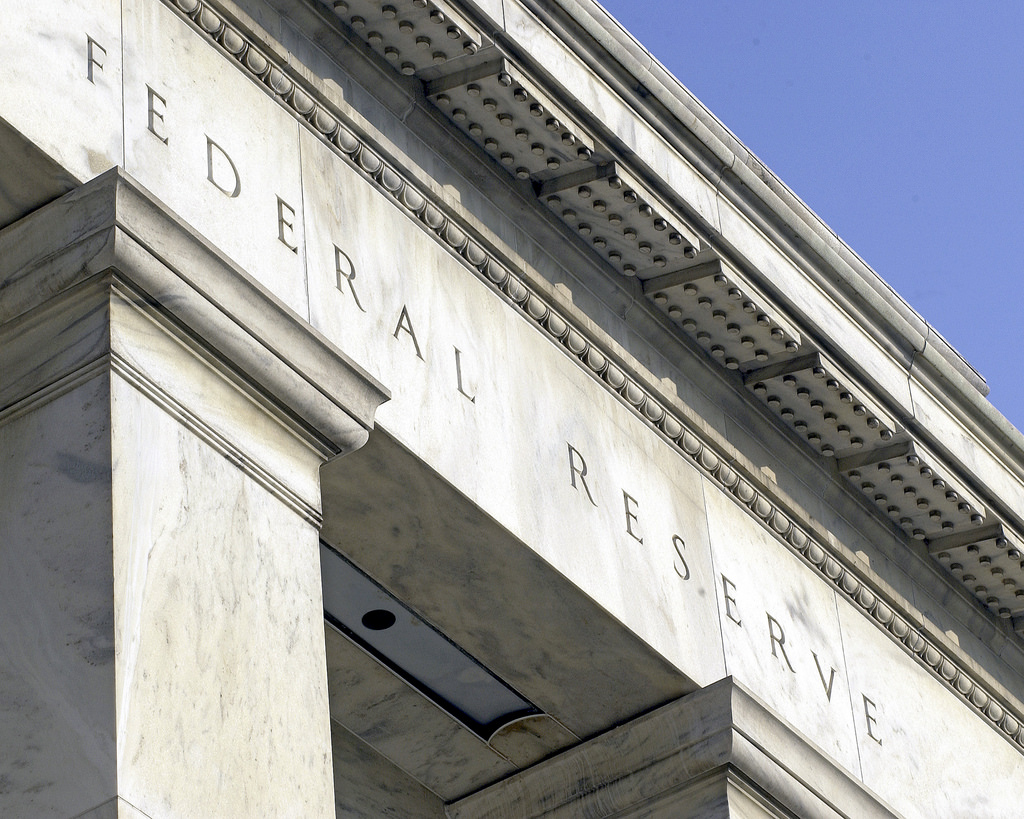Swissquote: Not my problem, mate!
Swissquote: Not my problem, mate!

By Ipek Ozkardeskaya, Senior Analyst, Swissquote
We had another record-breaking trading session for the S&P500 and Nasdaq on Thursday, as investors continued celebrating Jerome Powell’s reluctance to open the rate hike discussion for the US, and that, despite the threatening rise in inflation. Powell doesn’t care, he just wants to continue supporting the jobs market and the economic recovery. Interestingly, the Bank of England (BoE) also refrained from raising rates yesterday, as British policymakers put the economic recovery before the rising inflation threat, as well.
And you know who else doesn’t care about the energy crisis and the rising inflation? Well, it’s OPEC! OPEC said that our energy crisis is not their problem and refused to give in to the US and others’ pressure to increase oil supply. The cartel kept the supply increase unchanged at 400’000 bpd, while the US President Biden was forcing for double that amount. And as a response, the White House said it would use whatever tools it had at its disposal to address the energy markets.
Interestingly, oil prices took a hit amid OPEC decision to keep the supply tight, and the drama between Biden and the cartel. While the expected kneejerk reaction would have been a rebound in oil prices from the $80pb, we saw the complete opposite: the barrel of US crude is now exchanged below $80pb, and yesterday’s decline sent the price below the steep up-trending channel base, that was building since mid-August. Why did that happen, and could it trigger a deeper sell-off?
One possible explanation is that the rapid rise in oil prices threatens the economic recovery, and the slower recovery means prospects of softer global demand in the future.
Another explanation is that the rapid rise in oil prices boosts inflation worldwide, and high inflation pressures boost the hawkish central bank expectations and call for a sooner than other wise rate hikes in most economies; that’s another factor that weighs on the prospects of future oil demand. And the failure to clear the $85 offers could now trigger a repositioning in the market, which would weaken the bears’ hand, and send them to sleep for winter. OR NOT.
The nat gas prices remain under a decent positive pressure and that should contain the downside potential in oil prices. But for now, the US is accusing OPEC of its unwillingness ‘to use its power to help global economic recovery’. Yet, Saudis just don’t care. And that brings me to the last possible explanation: the energy crisis could well turn into an energy war, in which case, the US will race to boost its own energy production, and that should bring a certain relief to the energy prices in the medium run.
It’s the NFP day!
The US will reveal how many new nonfarm jobs it added during October, and the expectation is 450-455K new job additions, and higher hourly wages, where we could see almost a 5% increase year-on-year, in line with the consumer price inflation that is just above the 5% mark.
The problem with the higher wages is that they make the inflation much less transitory, and an inflation less transitory should call for an adjustment in interest rates as well. So, there are two major points to watch at today’s NFPs: first, the actual figure which will show how many people joined the jobs market last month, and second, by how much the average pay rose. A softer NFP figure, and higher wages are normally negative for the market sentiment, while bunch of people joining the workforce for a soft pay is good. Welcome to capitalism.







